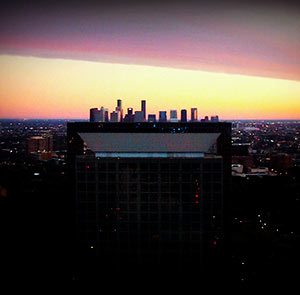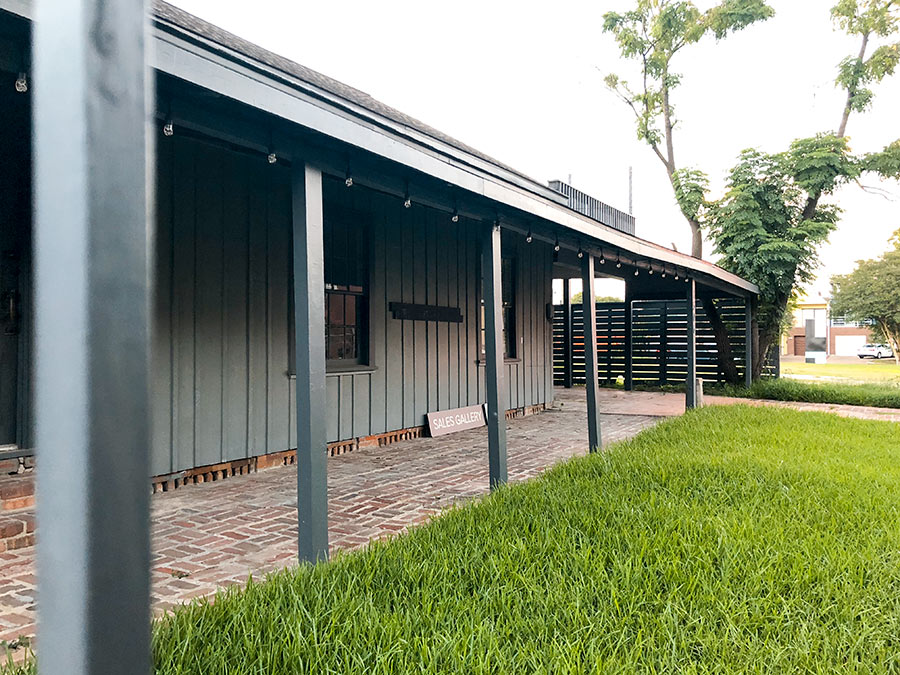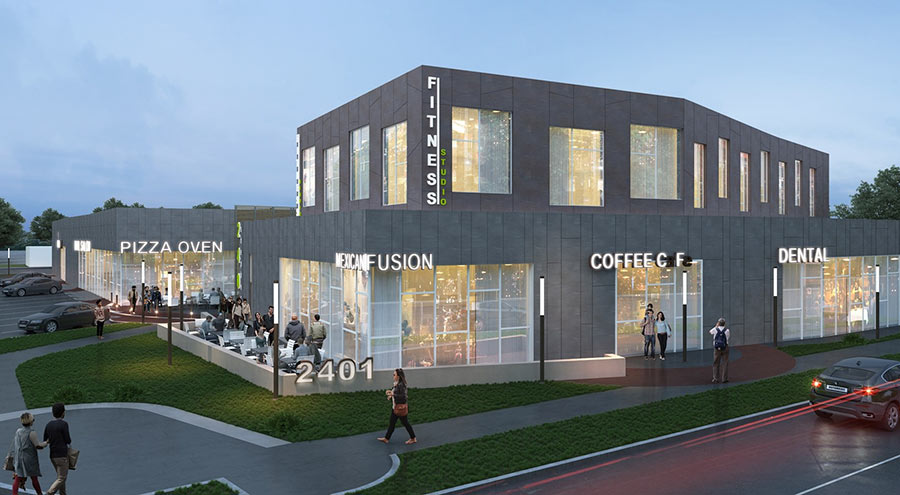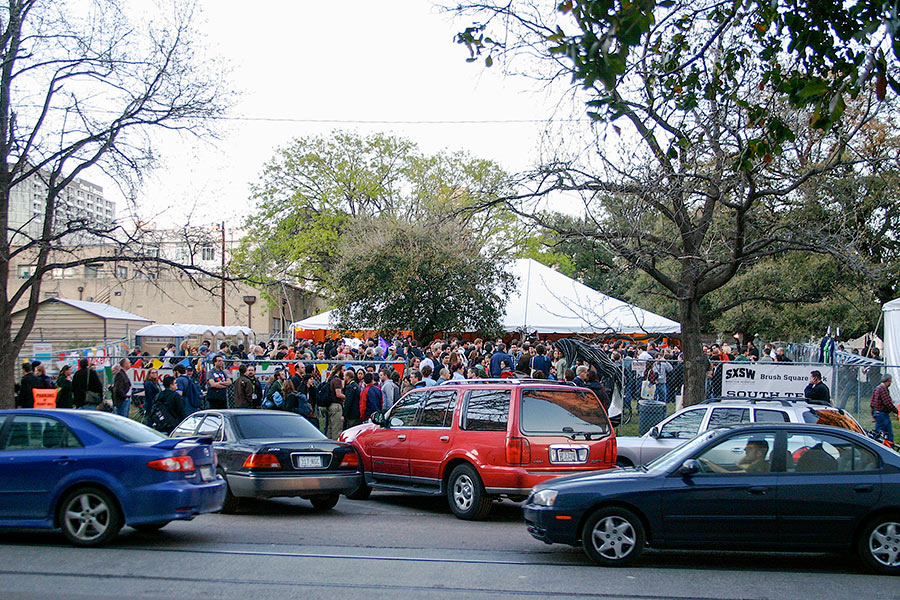WHY HOUSTON COMMERCIAL REAL ESTATE THINKS IT’LL DO JUST FINE, THANK YOU  Deeply embedded Houston real estate reporter Catie Dixon comes back from a panel event sponsored by her employer with a clickworthy account of 5 reasons Houston (commercial real estate) will survive the latest oil bust. Included in the list: attractiveness to foreign investors whether prices fall or not; this boom wasn’t as big as the one before the last big bust; the industry doesn’t rely on short-term gains; industrial real estate is still healthy; and — yes — data centers! (But things will be tough for developers for a year to a year and a half, maybe.) [Real Estate Bisnow] Photo: Russell Hancock
Deeply embedded Houston real estate reporter Catie Dixon comes back from a panel event sponsored by her employer with a clickworthy account of 5 reasons Houston (commercial real estate) will survive the latest oil bust. Included in the list: attractiveness to foreign investors whether prices fall or not; this boom wasn’t as big as the one before the last big bust; the industry doesn’t rely on short-term gains; industrial real estate is still healthy; and — yes — data centers! (But things will be tough for developers for a year to a year and a half, maybe.) [Real Estate Bisnow] Photo: Russell Hancock





the speakers on Bisnow panels are pay to play so cum grano salis
This analysis is incredibly superficial.
I work in the Upstream side in the Oil and Gas and everyone is worried – Large Operators to the small service providers. The news have been reporting on service providers laying off employees, but next to come seems to be the Engineering houses, which occupy a lot of space in the Energy corridor. A lot of engineers sitting with no projects to work on. I was surprised to hear the ‘all is well’ in the various Bisnow articles. It reminded me of the band playing on the Titanic while it was sinking. I guess they are all trying to reassure themselves that 2015-2016 will be a positive year. Those oil related ‘all is well’ articles from Bisnow tells me their articles are fluff. Please Swamplot try not to link their cheerleading articles again….
@do_it_for_johnny Engineers get paid the most when drilling happens and are the first to go when it slows down (well, after geologists). You have a good perspective but it is colored by a different set of circumstances than those in the business of maintaining existing production which is typically the bulk of employment in Houston no matter how furious the drilling pace.
Agreed. Especially considering how correct these panels have been about anything…ever.
The title alone is laughable. It poses the question, “will Houston survive the bust?” Considering we have survived the 80’s and more recently, the downturn in 2009, of course we will “survive.” With that said, there will still be plenty of blood loss.
@ Houstonian: The same principle that you mention is analogous for commercial real estate. When the drilling stops, 100% of the impetus for new construction withers away, and along with it a fair bit of the existing demand. The majority of demand for housing or commercial space still exists, albeit at a considerably lower price. And that last bit serves as a caveat that you might take notice of, in return: the folks tasked with keeping up existing O&G projects usually have a compensation package that is directly or indirectly linked to the performance of the industry as a whole.
I spoke with one of the VPs of a major commercial broker in Houston, and he’s not impressed with the head-in-the sand mentality that many seem to be taking. Sure, we will survive the downturn but that doesn’t mean you should ignore the signals staring you in the face. Houston is awash in commercial office space, and on the residential side home values have also been inflated by the Fed’s serial policy errors. Houston home prices are still well above historical norms. The stock market continues to go up even though global GDP is tanking. That has kept the real estate sector afloat…for now.
In Houston we have managed to start the deflationary cycle sooner than the rest of the country via the bust of the oil sector. Just imagine what things would look like if we had a 30 percent stock market correction on top of the current market shift? The Fed has managed to reflate asset prices while devastating 90 percent of the population at the same time. Total debt has continued to increase while being masked by the Fed’s interventions. When it unravels again, it won’t be pretty. As I mentioned to a stranger not too long ago it’s akin to playing with fire in the forest. You can intervene to keep small fires from destroying property and life, but what you are really doing is creating an unnatural imbalance where the pressure continues to build up. When the real forest fire finally overwhelms those artificial interventions…well you get the picture.
http://aaronlayman.com/2015/02/january-new-home-sales-beat-expectations/